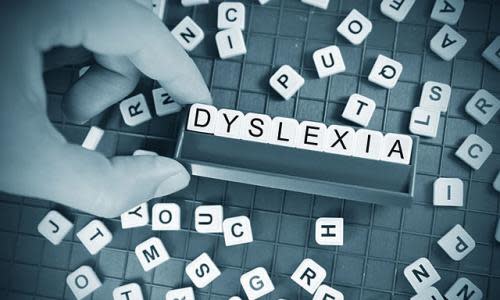Difficulties with reading have no magic solution
While I may, at the moment, work in what some regard as an “ivory tower” (prior to my current position I worked as a teacher in secondary schools for 13 years and as a local authority educational psychologist for 19 years), that is not the issue (Letters, 20 September). While it may also be true that Maple Hayes Hall provides a good environment in which it is possible to help children and young people with their development, there is, I fear, little that would differentiate programmes of intervention available there from those provided in any good local authority school.
The scientific understanding of how children learn to read, what may stand in the way of development in terms of neurology or cognitive factors (including visual difficulties, pace the British Association of Behavioural Optometrists) and how we can best help children to become fluent readers, has, as yet, yielded no “magic” solution. It should not, therefore, be necessary for any local authority to have to spend scarce resources to support children with reading difficulties in special schools. Persistent difficulties with literacy may be lifelong sources of anxiety, but these are manmade.
The provision of good-quality education that obviates many of the problems children experience in acquiring literacy is more likely to be associated with economic than fundamental educational factors.
Simon Gibbs
Professor of inclusive educational psychology and philosophy, Newcastle University

 Yahoo News
Yahoo News 

